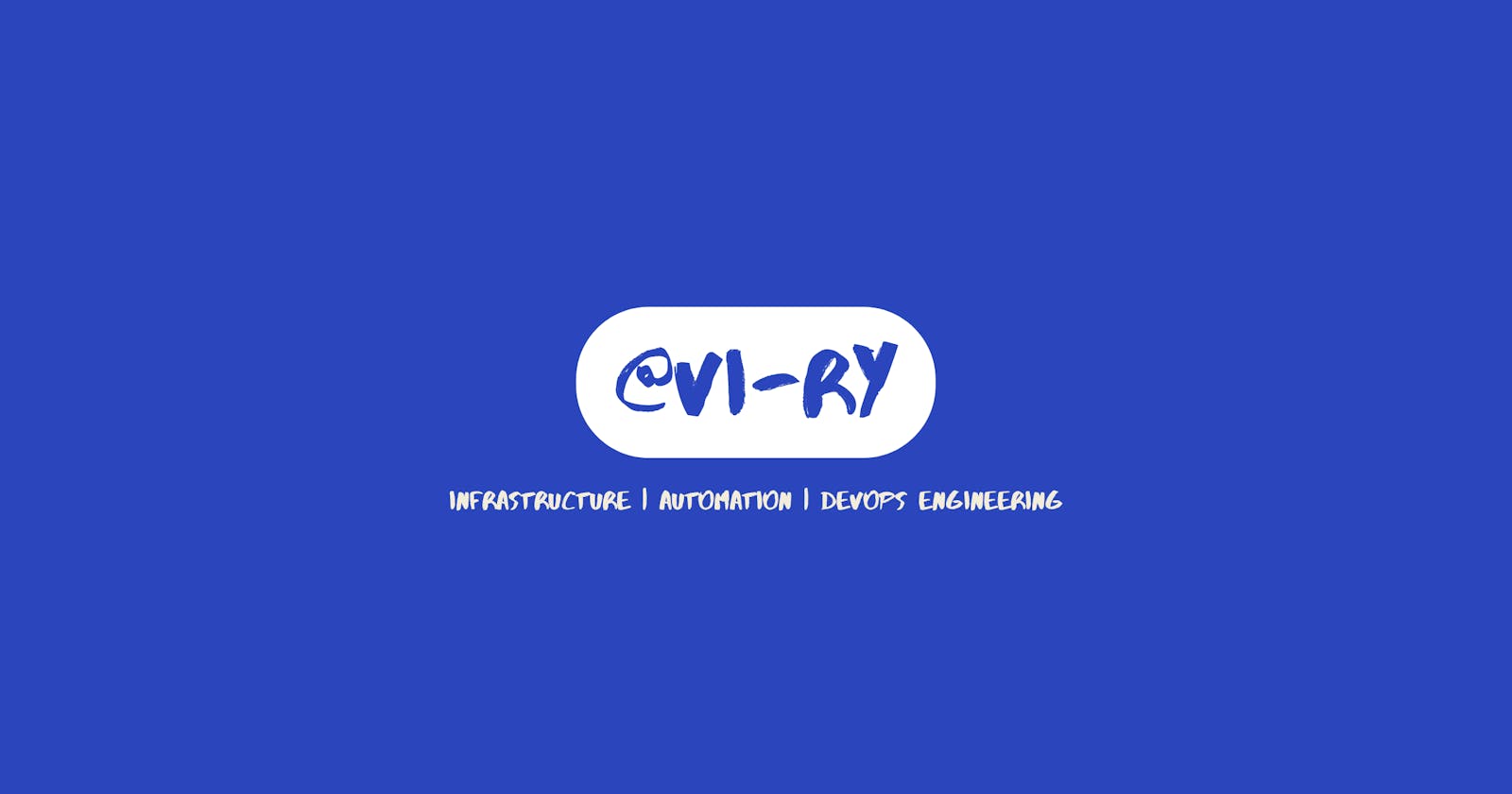Introduction:🎯
Are you only focusing on Selenium and Java for your testing career? While these tools have their benefits, relying solely on them can limit your progress. In this blog post, we'll discuss why this narrow approach can hinder your growth and explore the advantages of using a wider range of testing solutions. We'll also highlight the importance of trying out tools in different languages, including shell scripting, PowerShell, and using the right language for the right job.
The Problem with Using Only One Library: 🚧 If you only use one library, you may miss out on valuable opportunities to develop your skills. Testing involves different applications, platforms, and technologies. By sticking to Selenium and Java alone, you limit your ability to handle various testing challenges and explore new approaches.
The Benefits of a Diverse Skill Set: 🌟 While it's good to become proficient in Selenium and Java, a successful testing career requires a broader set of skills. The industry is evolving, and employers are looking for testers who can work with multiple programming languages, frameworks, and tools. By expanding your knowledge, you become more adaptable and open up more job opportunities.
Ensuring Comprehensive Testing Coverage: 🔍 Although Selenium and Java are great for web-based testing, they may not be suitable for all testing scenarios. Mobile apps, desktop software, performance testing, and database testing often require specialized tools. Relying solely on Selenium and Java can result in incomplete testing coverage, compromising the quality of your work.
Exploring Additional Tools, Including Shell Scripting and PowerShell: 💡 To overcome the limitations of relying only on Selenium and Java, it's important to explore other tools. Consider learning about shell scripting and PowerShell, which can be helpful for various automation scenarios. Additionally, understanding when to use the right language for the right job allows you to optimize your testing efforts and solve specific challenges more effectively.
Building Projects to Boost Confidence: 🔧 Building projects is an excellent way to gain confidence and solidify your understanding of new tools and languages. By working on practical projects aligned with your testing goals, you not only improve your technical skills but also increase your confidence in applying those skills to real-world situations. Building projects provides hands-on experience and reinforces your understanding of different languages and tools.
Conclusion: 🌈
While Selenium and Java are valuable testing tools, relying solely on them can hinder your career growth. To unlock your full testing potential, it's crucial to break free from using just one library and embrace a wider range of solutions. By expanding your skills, trying out tools in different languages such as shell scripting and PowerShell, and using the right language for each specific job, you position yourself as a well-rounded testing professional ready to tackle any challenge. Embrace the diversity of the testing field, stay committed to continuous learning, and watch your testing career flourish.

